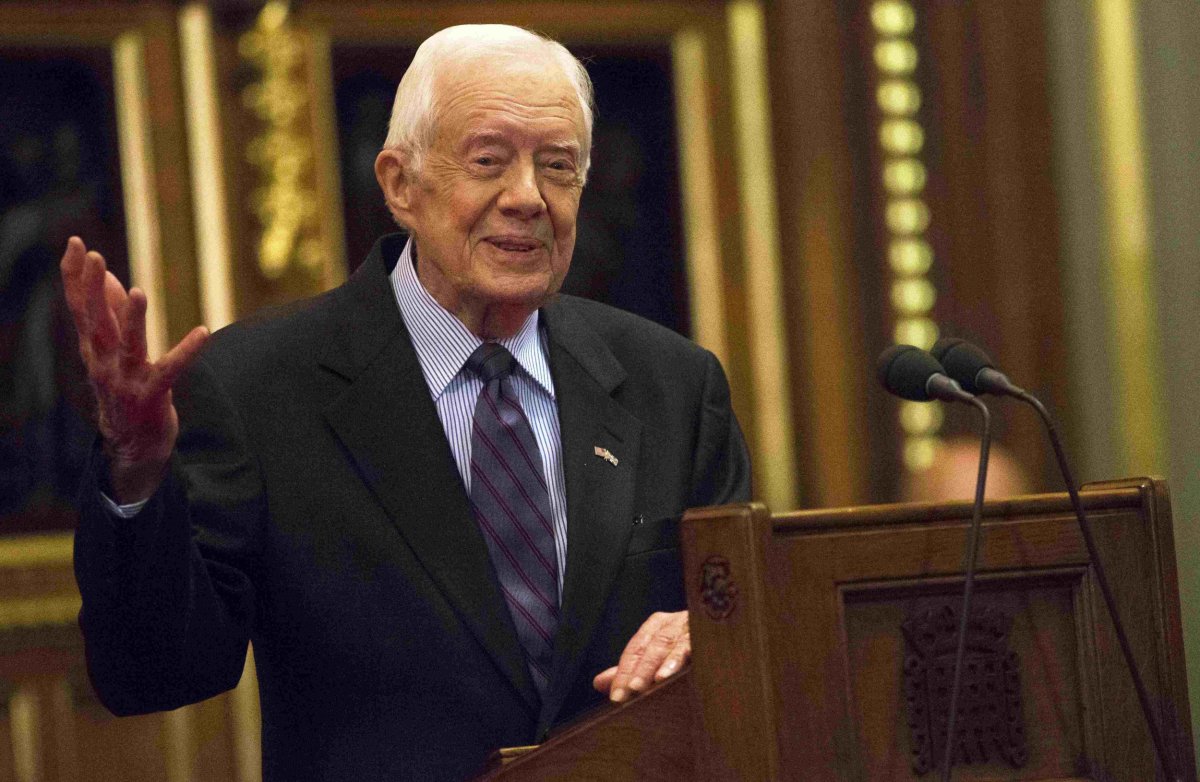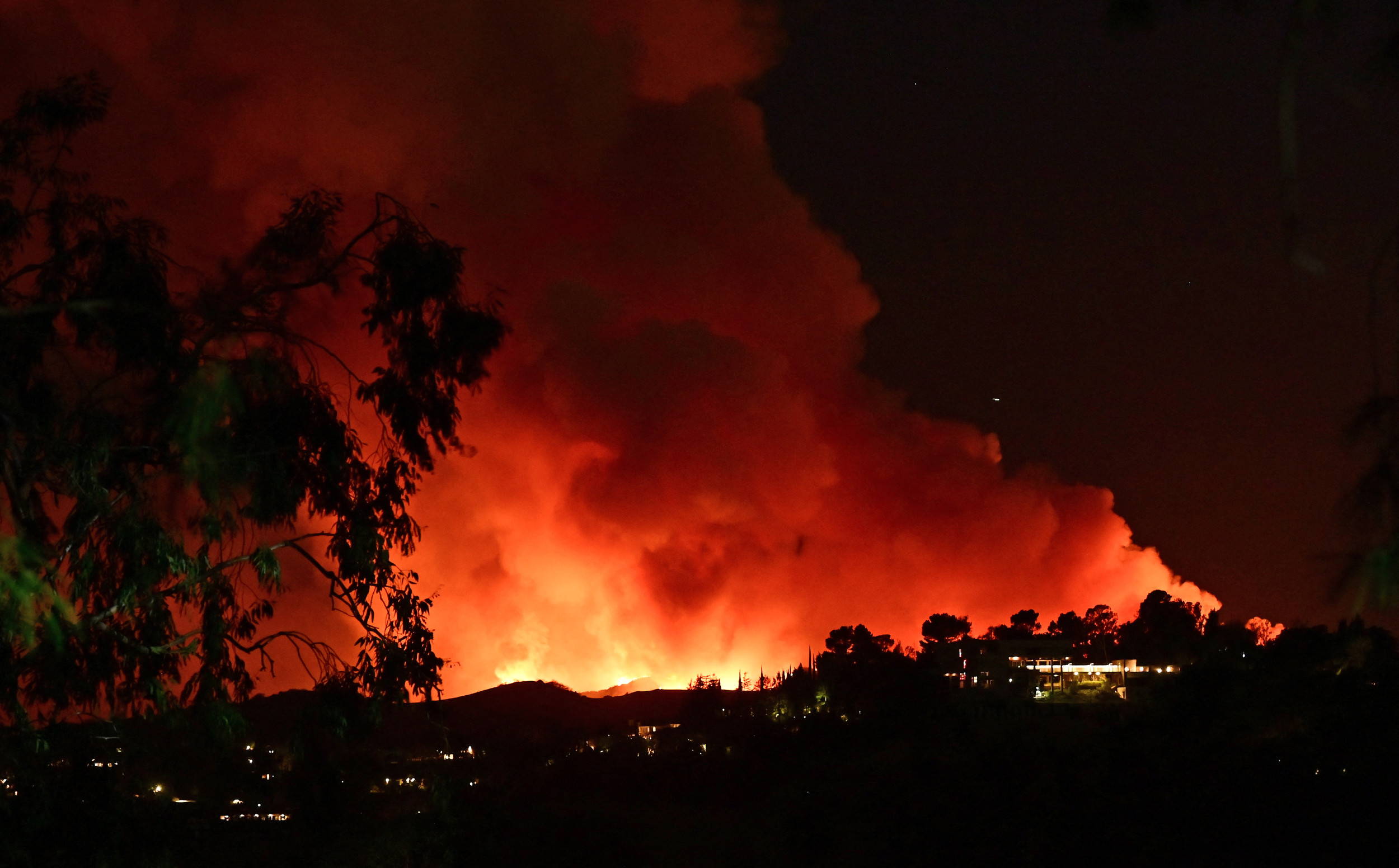Former U.S. President Jimmy Carter died at the age of 100 on Sunday, after entering hospice care in February 2023.
While his cause of death hasn't been officially confirmed, one possibility is skin cancer. Carter battled with Stage 4 melanoma in 2015.
Newsweek has contacted the Carter Center for further clarification.

Why It Matters
If cancer were determined as the cause of death, Carter would be only the second U.S. president to die from the disease, following Ulysses S. Grant, who succumbed to throat cancer in 1885.
Melanoma is a form of skin cancer that forms in melanocytes—the cells that produce melanin, which is a natural pigment. It's the most serious form of skin cancer because it has a tendency to spread to other parts of the body—a process referred to as metastasis.
The Cancer Research Institute describes it as "the deadliest form of skin cancer."
What to Know
Carter was diagnosed with melanoma in August 2015, when a surgery for a liver tumor revealed the cancer had metastasized to his brain.
He underwent advanced treatments, including the immunotherapy drug Keytruda, which eliminated detectable cancer by December 2015. Despite this, melanoma is an aggressive disease that can recur.
At the time, the former president said he was "at ease" with the prospect of dying.
"I just thought I had a few weeks left," Carter said of discovering the brain tumors. "I was surprisingly at ease. I've had a wonderful life. I've had thousands of friends. I've had an exciting and adventurous and gratifying existence, so I was surprisingly at ease—much more so than my wife was," the former president said, in response to a reporter's question about his calm and positive demeanor.
Jimmy Carter Was Exposed to Radiation
As a young naval officer, Carter was exposed to high levels of radiation during a 1952 nuclear reactor cleanup in Chalk River, Ontario, Canada.
Carter told journalist Arthur Milnes he felt the long-term effects of the exposure to the radiation.
"We were fairly well instructed then on what nuclear power was, but for about six months after that I had radioactivity in my urine," the former president said. "They let us get probably a thousand times more radiation than they would now. It was in the early stages and they didn't know."
Carter publicly shared his acceptance of mortality after his diagnosis, saying he was "perfectly at ease with whatever comes" and expressing gratitude for his life. His eventual transition to hospice care earlier this year followed recurring hospitalizations and a decision to prioritize comfort over treatment.
What People Are Saying
Chip Carter, son of Jimmy Carter, saidin a statement through the Carter Center: "My father was a hero, not only to me but to everyone who believes in peace, human rights, and unselfish love."
President Joe Bide said in a statement: "To all of the young people in this nation and for anyone in search of what it means to live a life of purpose and meaning – the good life – study Jimmy Carter."
What Happens Next
Carter's state funeral will be held in Washington, D.C., followed by public observances in Atlanta and a private interment in Plains, Georgia.




















 English (US) ·
English (US) ·